
Trump attorney: Presidents can have rivals assassinated and still claim immunity
Donald Trump’s lawyer argued Tuesday that a US president could have a political rival assassinated by SEAL Team Six and still avoid criminal prosecution due t... Read more.
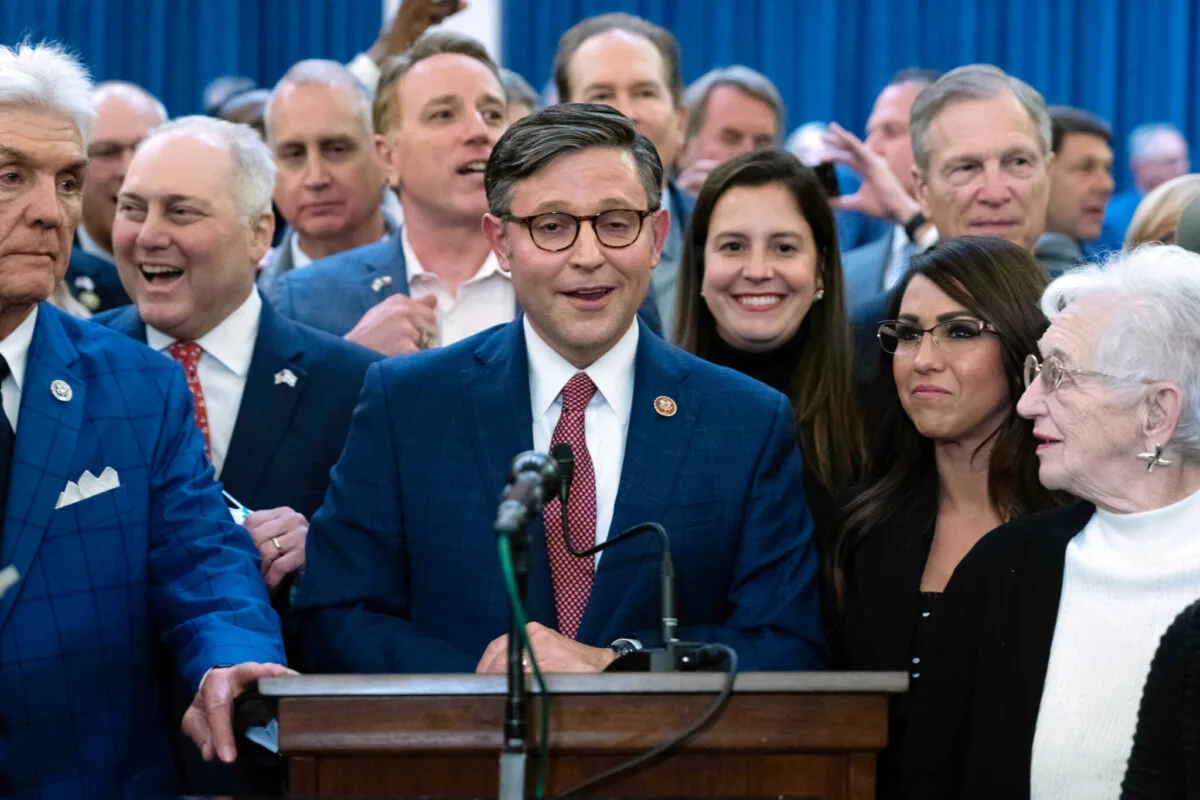
How a Republican-led government shutdown would affect you
If a shutdown occurs, travelers could face delays at airports, millions of workers would go without paychecks, and public safety, disaster preparedness and resp... Read more.
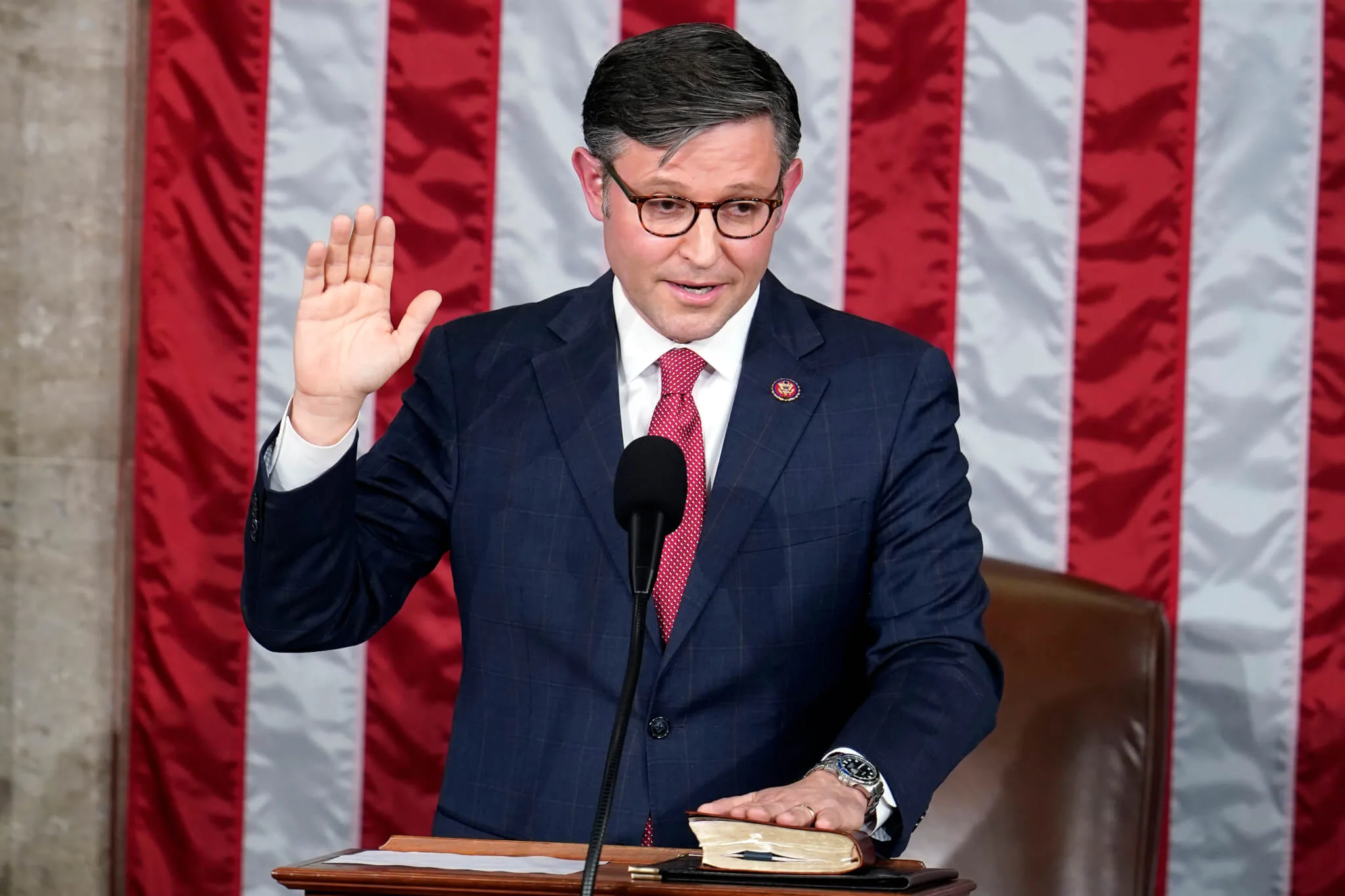
Who is Mike Johnson, the new Speaker of the House?
The new House Republican leader supports a nationwide abortion ban, played a key role in trying to overturn the 2020 presidential election, and opposes same-sex... Read more.

We read 50 days of Trump’s Truth Social posts so you didn’t have to
Trump posts on his Truth Social platform dozens of times a day and his messages there are becoming increasingly angry, violent, and dark, suggesting a second te... Read more.
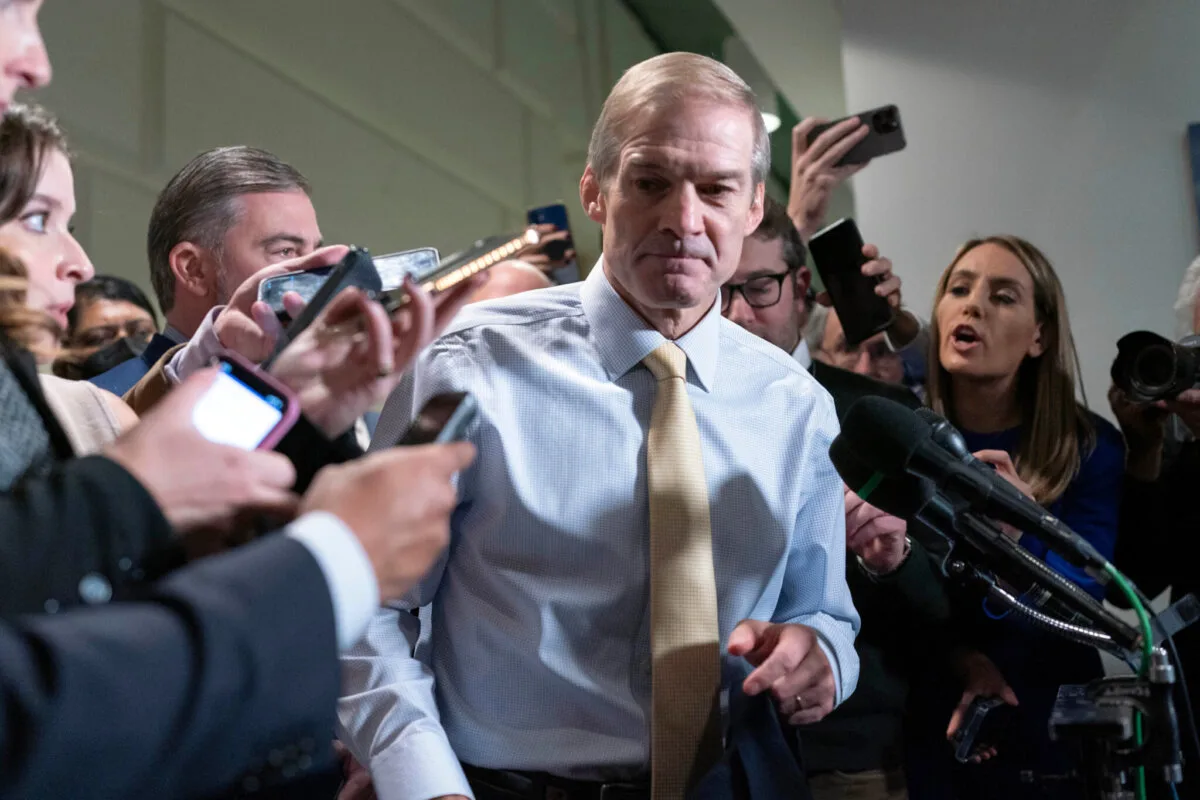
How many votes are needed for Speaker of the House?
It usually takes 218 votes—a simple majority of the 435 members of the House—to become House Speaker, but due to two vacancies, only 217 votes are currently... Read more.

What the 2024 Republican candidates are saying about abortion bans
The Republican presidential primary field is full of anti-abortion candidates, but amid massive electoral backlash to abortion bans, some candidates are attempt... Read more.

The 4 Worst Moments From the Second Republican Presidential Debate
The second debate featured seven candidates, who combined, are trailing frontrunner Donald Trump by a whopping 17 points in the polls, making it a bit of an exe... Read more.
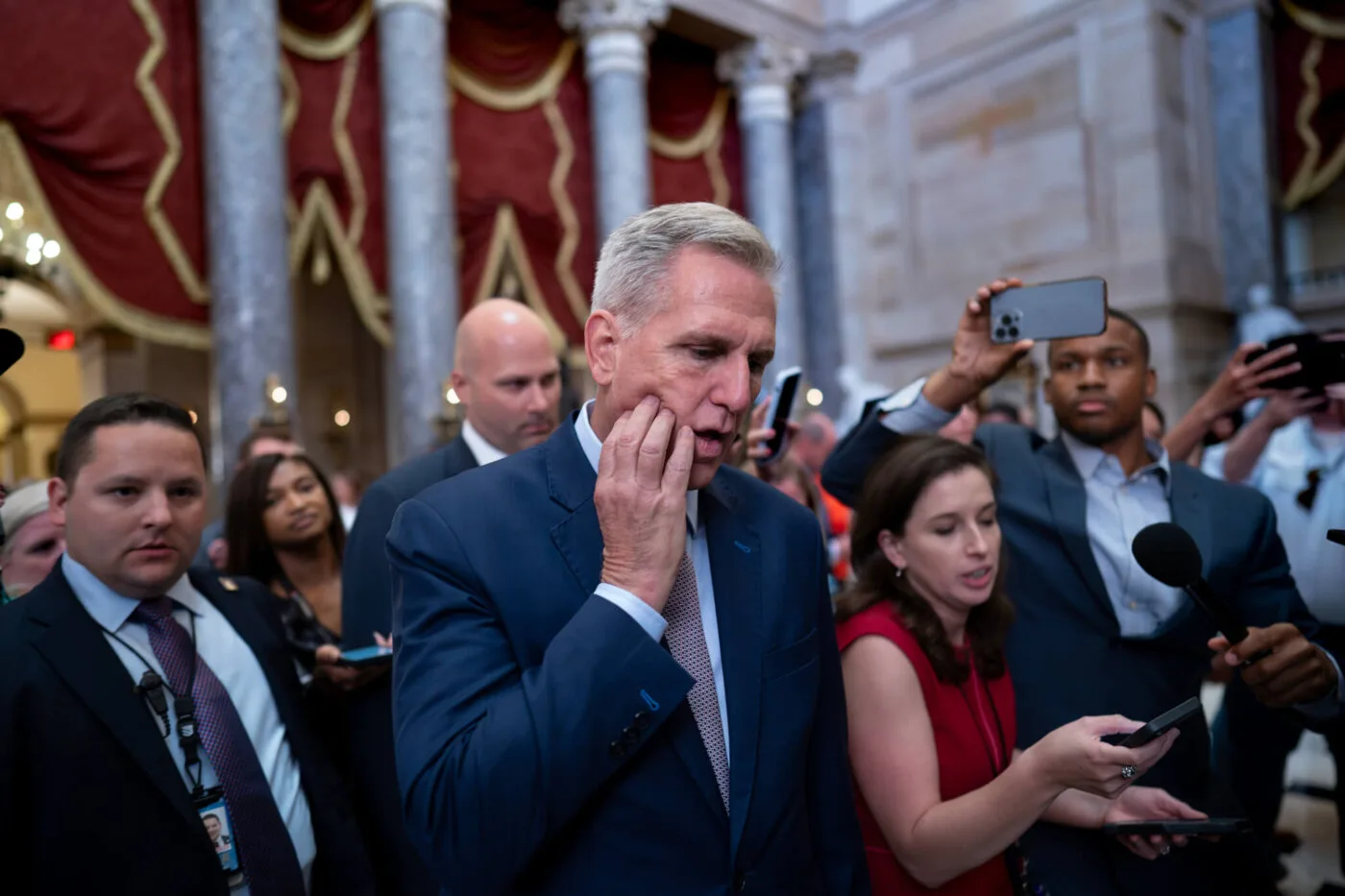
Republicans Are About to Cause a Government Shutdown. Here’s How It Would Affect You.
House Speaker Kevin MccCarthy has repeatedly tried to pass budget proposals that meet the demands of far-right Republicans, but he has been unable to wrangle th... Read more.
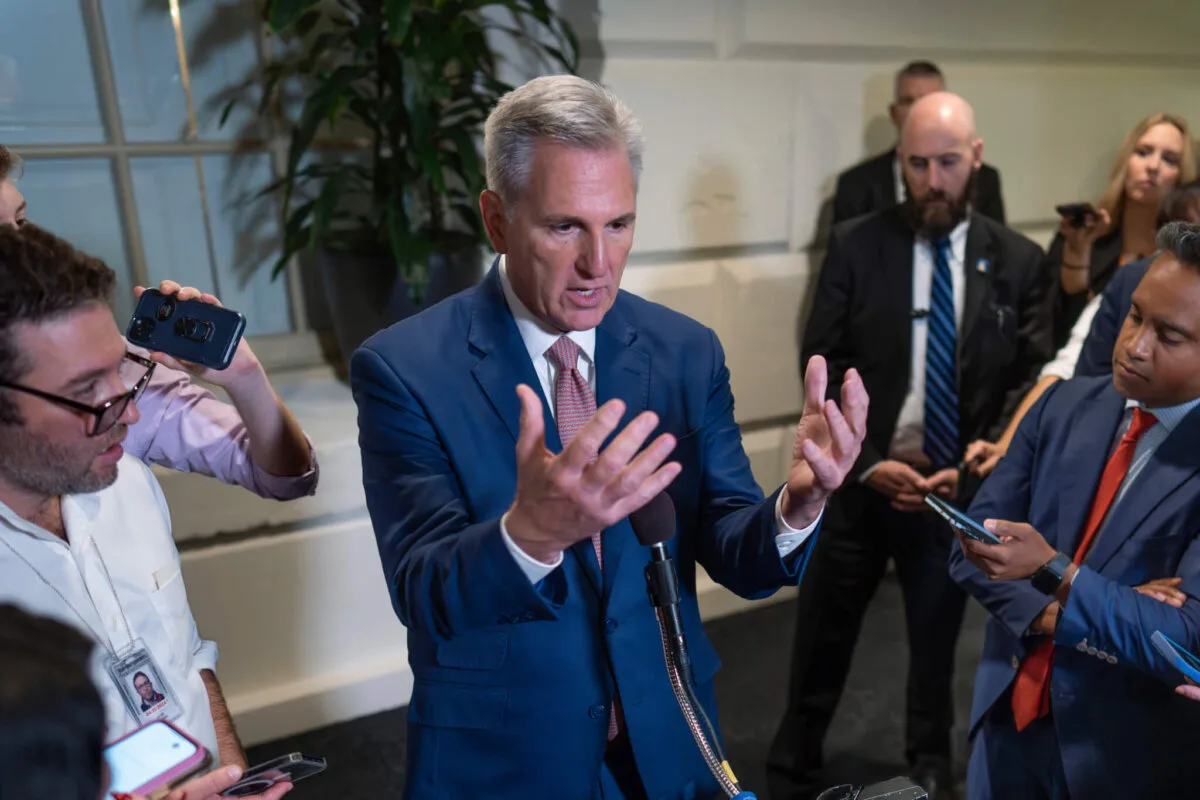
No Evidence of Wrongdoing—So Why Are Republicans Trying to Impeach Biden?
House Speaker Kevin McCarthy announced the probe on Tuesday, caving to pressure from far-right Republicans who’ve threatened to remove him from his position i... Read more.
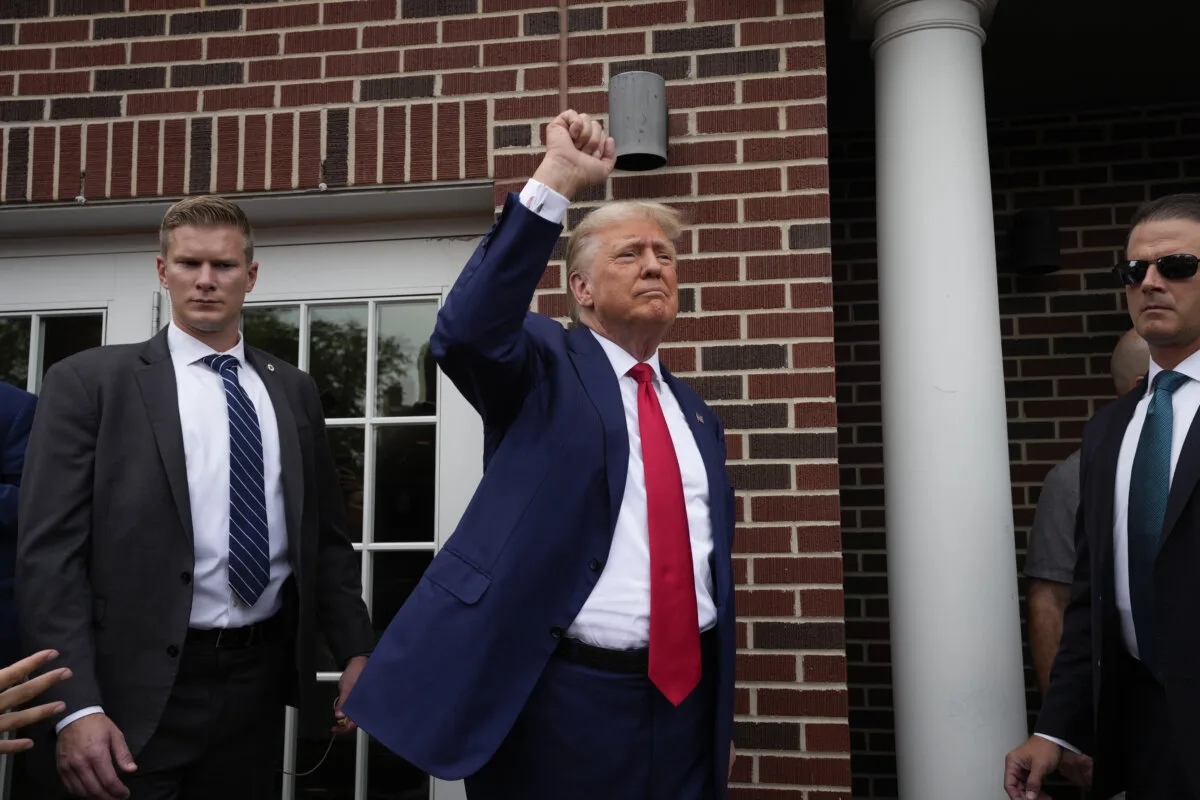
Trump Wants to Cut Corporate Taxes Again
Sixty-five percent of Americans believe corporate taxes should be raised and roughly six in 10 Americans said it bothered them a lot that corporations and some ... Read more.
